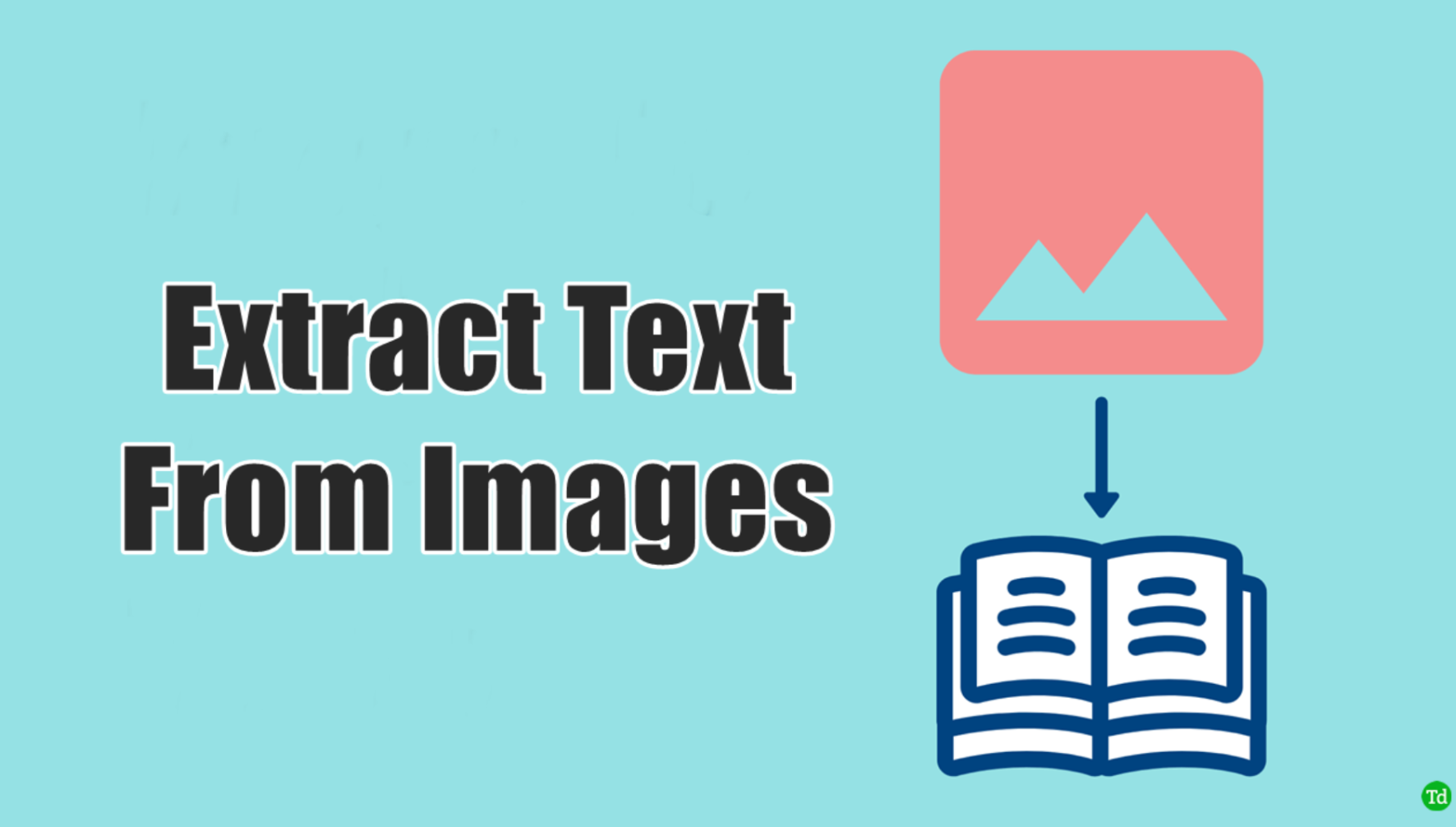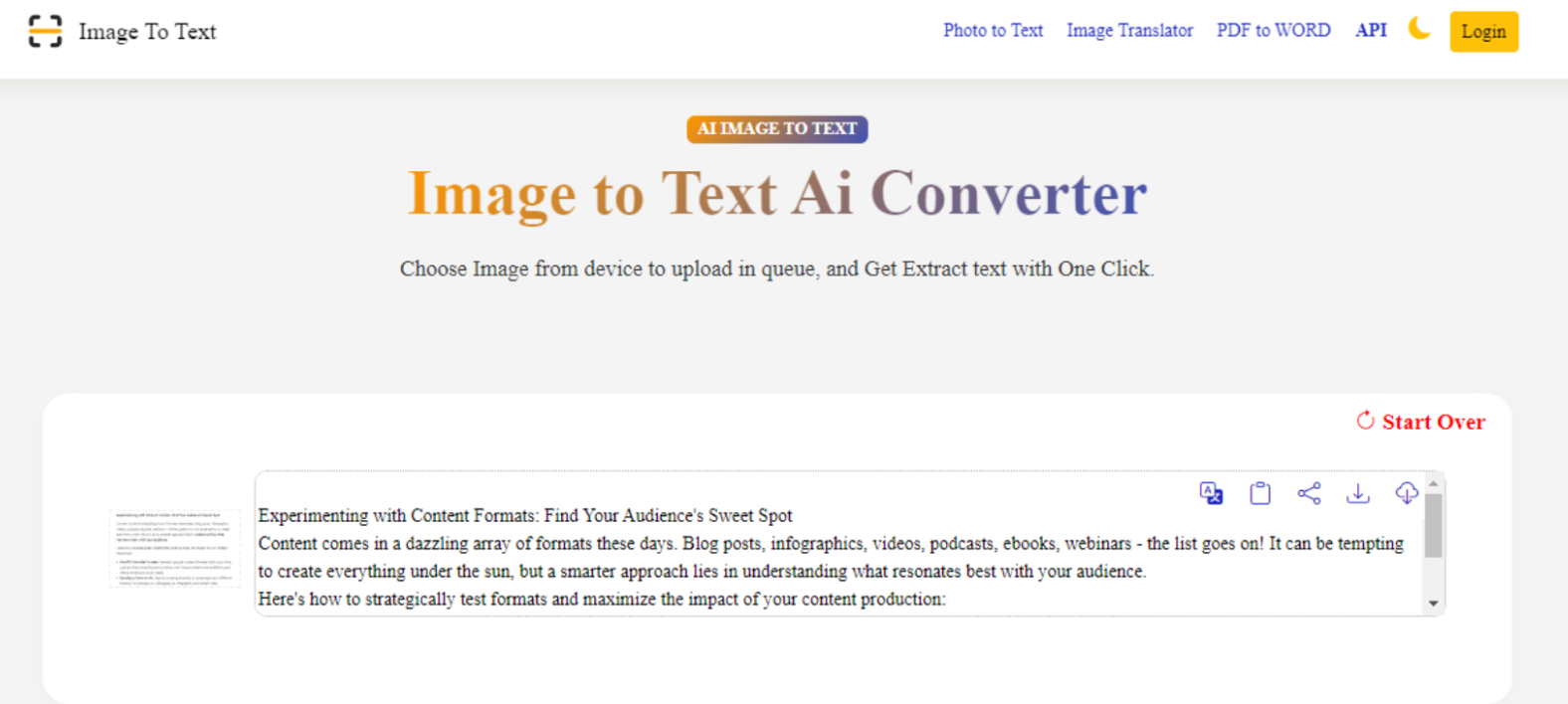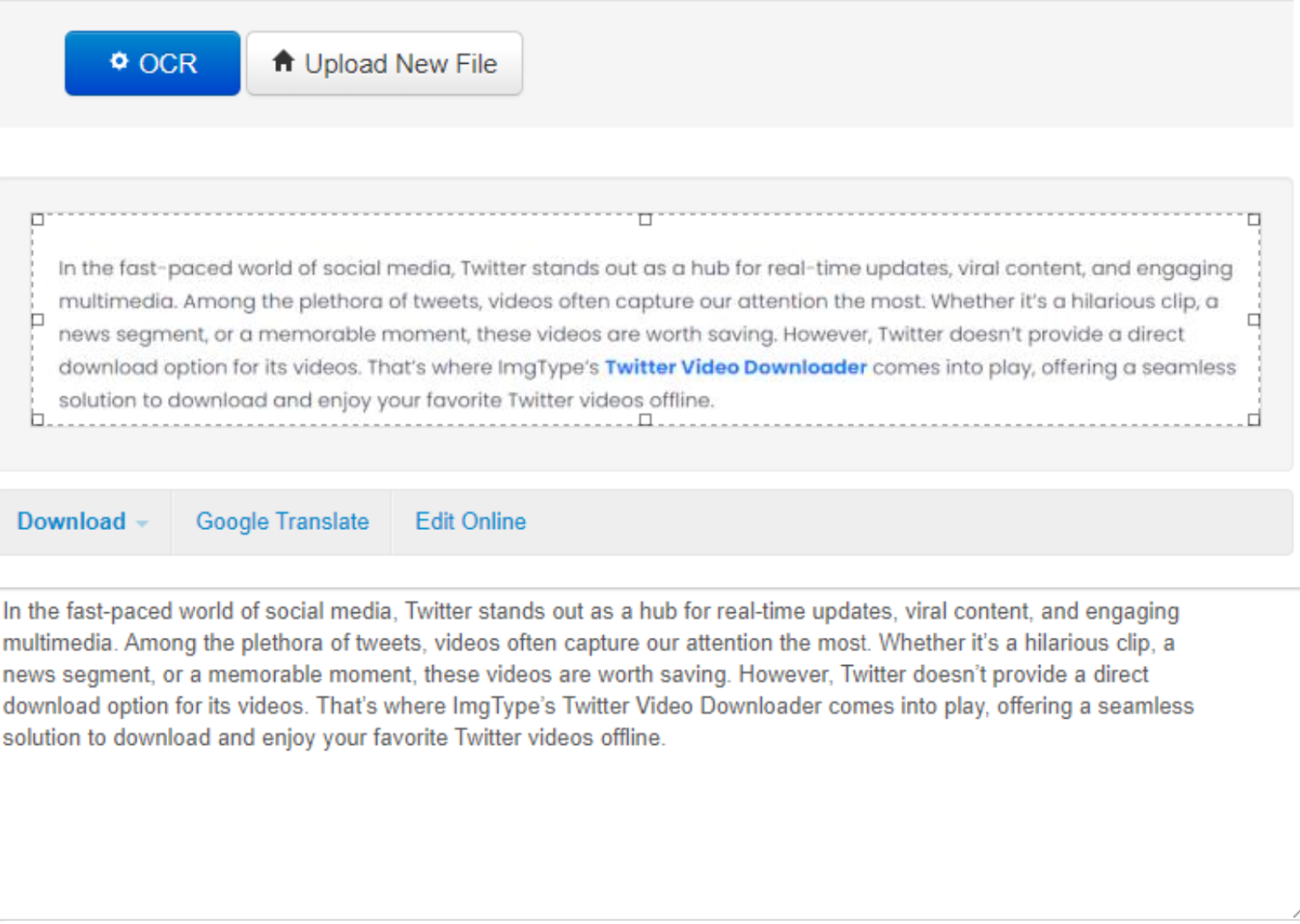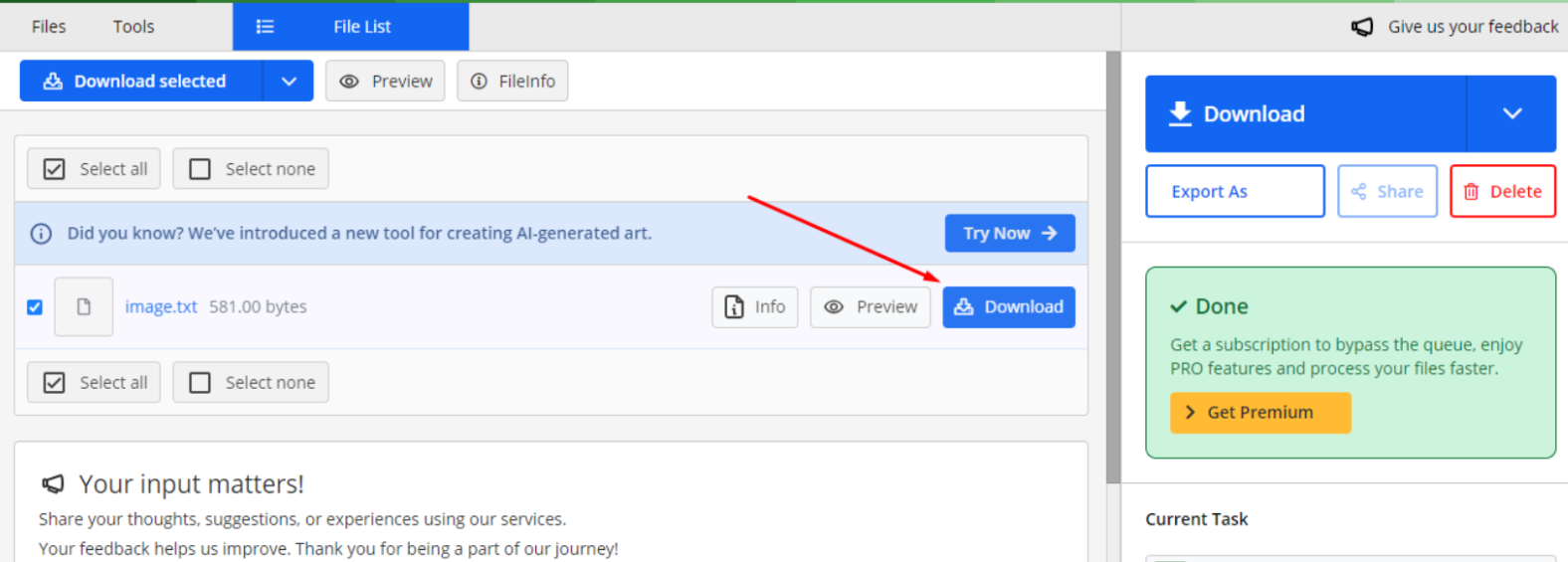The Best Tools for Extracting Text from Images

On the internet, you can easily find a bunch of advanced tools that will automatically extract text from images, invoices, receipts, etc. without making any mistakes. These tools have completely eliminated the need for manual data extraction.
However, due to the availability of a wide range of tools, it may become difficult for users to figure out the most suitable one. If this is the case with you, then this blog post is especially for you. In this article, we have explained some of the tools you can consider extracting text from pictures.
Most Reliable Online Tools for Extracting Text from Picture
To quickly and efficiently copy all the data from digital images with one click, you can consider using any of the tools discussed below.
Image to Text Converter by Prepostseo
On top, we have a freemium (available in both free and paid plans) image-to-text converter from the house of Prepostseo. This tool operates on advanced Optical Character Recognition (OCR) and Machine Learning (ML) technologies to effectively scan the given image and then perform data extraction with 100% accuracy.
To demonstrate its working properly, we uploaded an image on this tool to see how it will provide us with the output results.

As the screenshot tells, the converter has not only extracted all the text from the uploaded picture but also provided results in editable form for user ease.
When it comes to features, the Prepostseo image-to-text converter allows free users to upload up to 3 images at once for text extraction. Whereas, if you purchase a premium plan, the limit will be increased to 50 pictures at once…which is way more than enough.
Furthermore, the tool also has the potential to scan and extract special characters, symbols, and mathematical equations. This ability greatly indicates its versatility and reliability. In the end, it supports 20 international languages, so that users from different parts of the globe can benefit from it.
Pros:
- Simple to use
- The free plan has no expiry date
- Provides extracted text in editable format
- Multilingual support
- Copy or download output results
Cons:
- Didn’t find any notable cons!
This is yet another reliable tool that can be used for extracting text from images. It is totally free to use and make use of a diverse set of Artificial Intelligence (AI) algorithms to quickly and accurately perform the data extraction process.

Moreover, it not only gives the option to copy or download the output results but also the option to either share or translate the extracted text into other languages. Furthermore, it also has the integration of several other tools including Photo to Text, PDF to Word, and Image Translator.
When it comes to providing input, the tool supports options such as copying/pasting the image, dragging & dropping, or browsing from a local gallery. Besides this, this AI tool accepts images in multiple formats such as JPG, PNG, BMP, TIFF, GIFF, and many more.
Pros:
- User intuitive interface
- Available for free
- Integration of other tools
- Accepts pictures in different formats
- Multiple image upload options
Cons:
- Take a little time to provide output results
The name already told everything. This is also a completely free-to-use tool that works on OCR technology to effectively extract editable text from the given image. Apart from pictures, this tool can also handle PDF files or scanned documents with maximum ease.
Just like the tool above, this one also accepts images in different formats including JPG, JIFF, PNG, and many more. However, when it comes to picture input, it only provides one option which is “Browse file from local storage.”
Once the file is uploaded, click on “Preview” and then “OCR” to get the extracted text. In our case, the results, we got can be seen in the attachment below.

Moreover, it allows users to download the extracted text in Plain style, MS Word document, or PDF file. They have also integrated Google Translate in the output box so that users can translate the text if needed. Finally, this OCR tool can easily recognize and extract text in almost every language. This makes it a highly suitable option for worldwide users.
Pros:
- No signup or registration
- Free to use
- Allows to download output in multiple formats (Txt, DOC, & PDF)
- Supports a wide range of languages
Cons:
- No cons yet!
This is the last tool we will be discussing today. It is simple to use and does not ask for any kind of signup or registration to use. It also uses advanced image recognition and extraction technologies for effective and error-free conversion.
However, it is important to note that, it does not provide output results in editable format; instead, it allows users to download them. To illustrate better, we have attached an image below, check it out.

Talking about features, it provides multiple image upload options and supports different languages and image formats such as JPG, PNG, TIFF, etc. Additionally, it also has numerous integrated tools that can also be useful; these include Scan to Text, PDF to Word, and many more.
Finally, one thing to remember is that this tool is not completely free. It offers you up to 15 credits, once they will end, it will ask for a premium subscription. Overall, it is still a decent option for image-to-text conversion. Pros:
- Highly quick & accurate
- Supports numerous languages
- Download & share extract text
- Integration of other conversion tools
Cons:
- Does not provide results in editable formats
- Only 15 credits for free users
Closing Thoughts:
The introduction of advanced online tools has streamlined the time-consuming text extraction. Now, users just have to upload the required picture and get all the text with a single click. But the extraction process will be dependent on the reliability of the tool being used, that’s why choose wisely. In this blog post, we have discussed some of the best options along with their pros and cons.